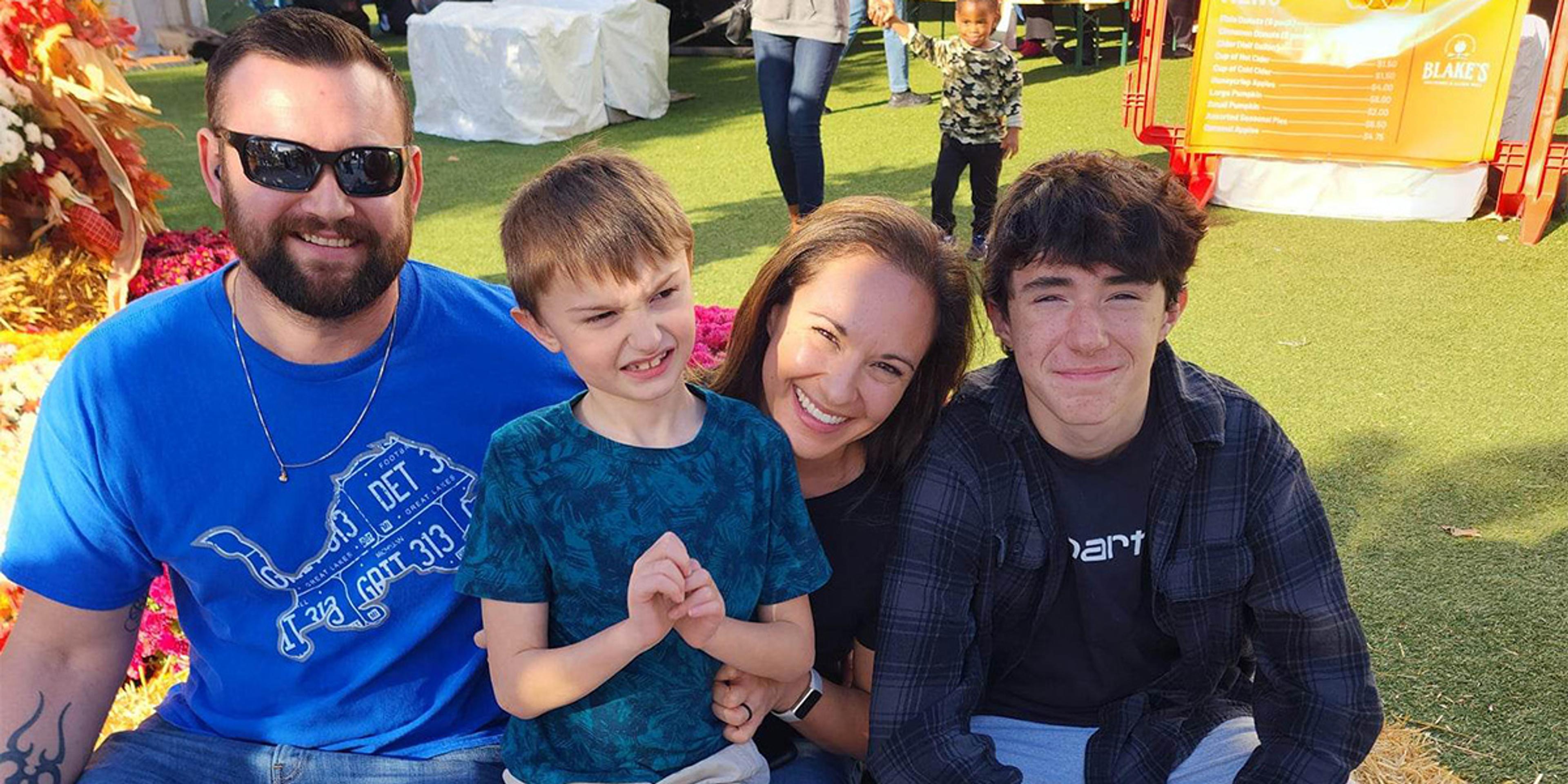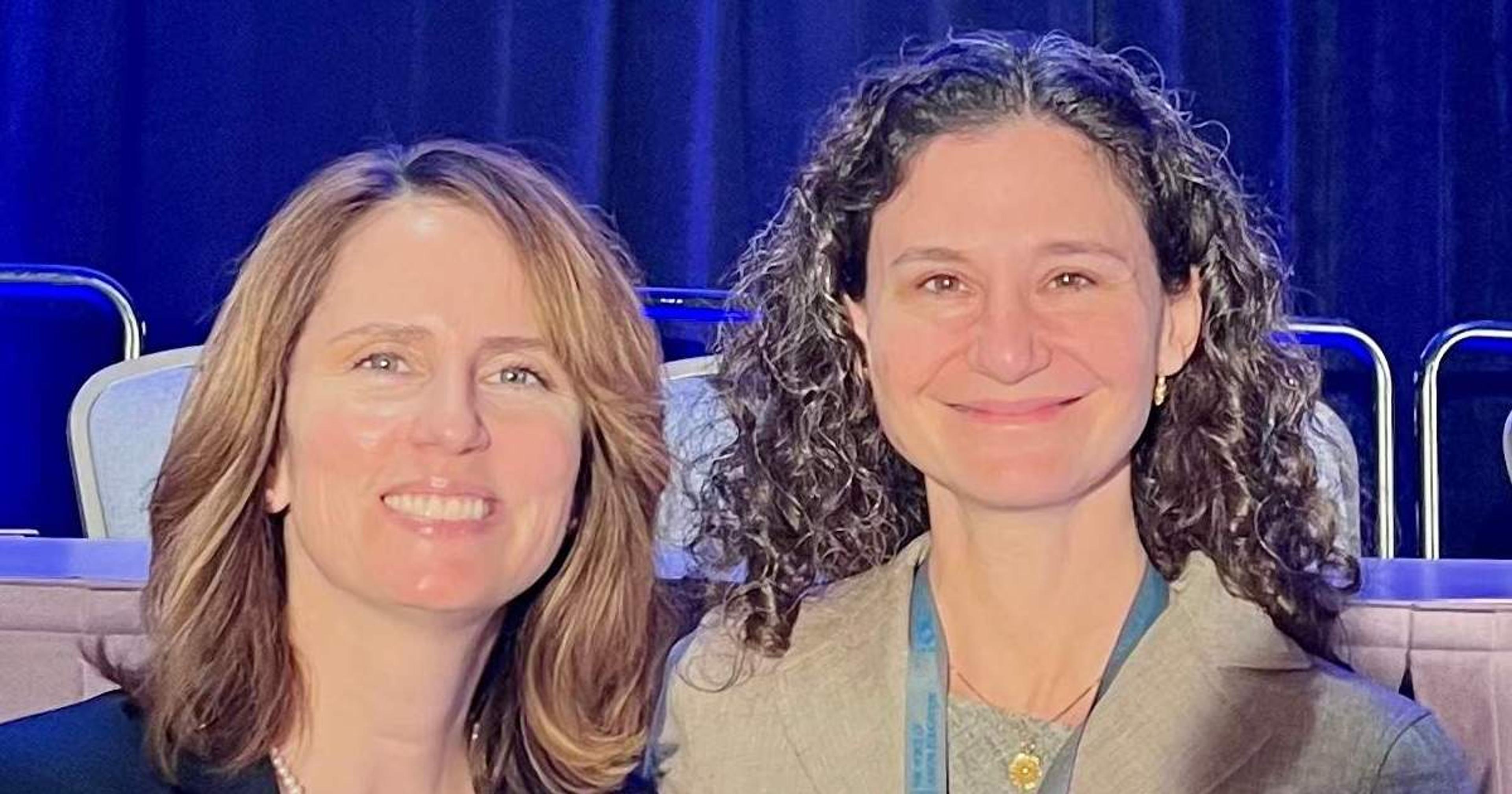New Opioid Treatment Model Will Serve Blue Care Network Members
Julie Bitely
| 4 min read

Current methods for treating opioid use disorder sometimes work, but 36 percent of patients end up relapsing. Of those who do relapse, 72 percent do so multiple times. Dr. William Beecroft, medical director of behavioral health for Blue Care Network, said patients typically go through detox, are stabilized and sent on their way with referrals for further services. “We’re treating a complicated addiction like we do a broken bone,” he said. “It really does not reflect the biology of how people get into this mess in the first place,” Beecroft said. A new clinical pilot program will test a comprehensive treatment model that Beecroft hopes will yield better results. The CLIMB (Community-based Life-changing Individualized Medically-assisted evidence-Based treatment) program will kick off May 1, 2018 for 250 Blue Care Network and Blue Care Network Advantage members. The 12-month pilot project will serve members at Pine Rest Christian Mental Health Services near Grand Rapids and at the Henry Ford Maplegrove Center in West Bloomfield. Beecroft explains that opioid use over time actually changes brain chemistry. Opioids trigger the same receptors in the brain responsible for feelings of pleasure. The brain gradually becomes less receptive to opioids, causing people to increase their usage. Dependence on and addiction to opioids occurs when the drugs become necessary for a person to feel normal or as a means to avoid withdrawal symptoms. Understanding that a person battling opioid use disorder is fighting a chronic illness is at the heart of the CLIMB program. Patients will start with the same type of detox protocol, but will then spend a longer time under supervision in an inpatient setting. During the inpatient stay, therapists will work with patients to assess their family and support network so they can start to think about how they’ll successfully move forward. Medication-assisted treatment will be encouraged and started during inpatient care to make sure there are no adverse side effects for the patient. The next step is developing a multi-disciplinary treatment plan. Determining what types of treatment will be needed as an outpatient, looking at how to avoid relapse and what will happen if a relapse does occur are all discussed and planned for. Patients will also be set up with a smartphone app that can help provide peer support, strategies to avoid relapse, and daily monitoring by a therapist. When patients don’t check in, this can help a counselor or therapist intervene quickly. The app will also track the patient’s location, alerting them and their sober supports if they are in close proximity to a self-identified high-risk location, such as a place they used to purchase drugs. The app can also alert the patient’s therapist if this happens as well. Eventually, patients in the CLIMB program will transition to intensive outpatient care. They’ll attend group treatment programs three days per week, which Beecroft said can really help patients transitioning back to their everyday life resist temptation brought on by the same stressors that might have caused them to start abusing drugs in the first place. “Going to the meeting helps that from happening, by providing new ideas to lead healthier lives” he said. Routine drug screenings would also take place during the intensive outpatient phase and the outpatient portion of care. Intensive outpatient treatment will last for about two months. At that point, patients could transition to a more traditional outpatient care model. Beecroft said CLIMB takes into account the realities of battling opioid use disorder. It personalizes treatment to where patients are at instead of a rigid, prescribed timeline. Holistic approaches can incorporate nutrition, spiritual needs, psychotherapy and medication – whatever will best help each patient reach their goal of beating the addiction. Beecroft hopes that by using evidence-based approaches to care, results will improve and costs will actually decrease when you take into account how expensive co-occurring medical conditions often are for those fighting an opioid use disorder. If results from the pilot project are positive, Beecroft said the model could really help create a new standard of care. “It would standardize the treatment because right now it’s somewhat the Wild West out there,” he said. “I think we’re going to see some major changes in the outcomes that come out of this.” If you enjoyed this post, you might also like:
- Learn How Opioid Abuse Affects Michigan Families and Businesses
- Beware the Dangers of Keeping Unused Prescriptions
- Learn More About Blue Cross' Opioid Taskforce
Photo credit: woodleywonderworks





